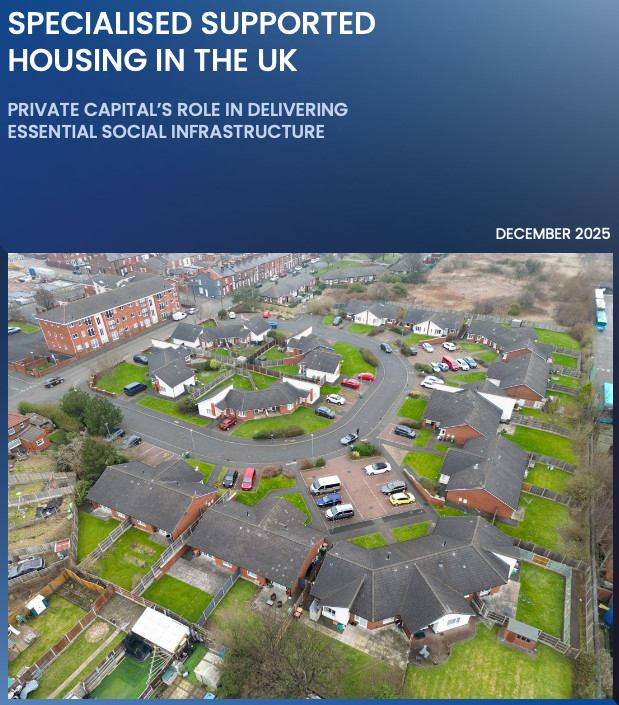
Lauder Teacher launched its new report, Specialised Supported Housing in the UK: Private capital’s role in delivering essential social infrastructure, on Tuesday, 2nd December. Prepared by the Lauder Teacher research team, it represents the first ever thorough, end-to-end analysis of the UK Specialised Supported Housing sector from a capital markets perspective.
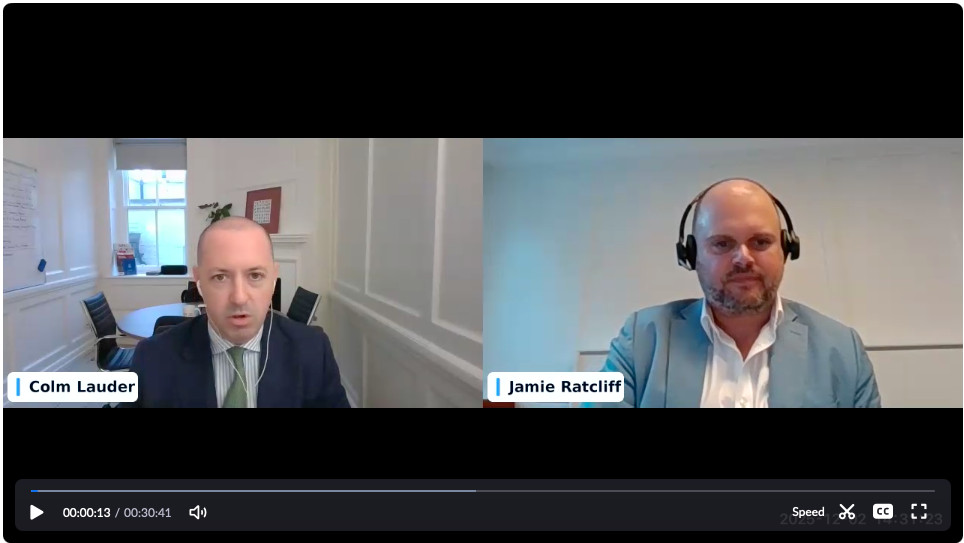
On Lauder Teacher’s recent Louder Teach In, Jamie Ratcliff, co founder of Place Base and deputy chair of The Housing Forum, offered a sharp, market rooted take on what the Budget does, and does not, mean for housing supply, affordability, and investment.
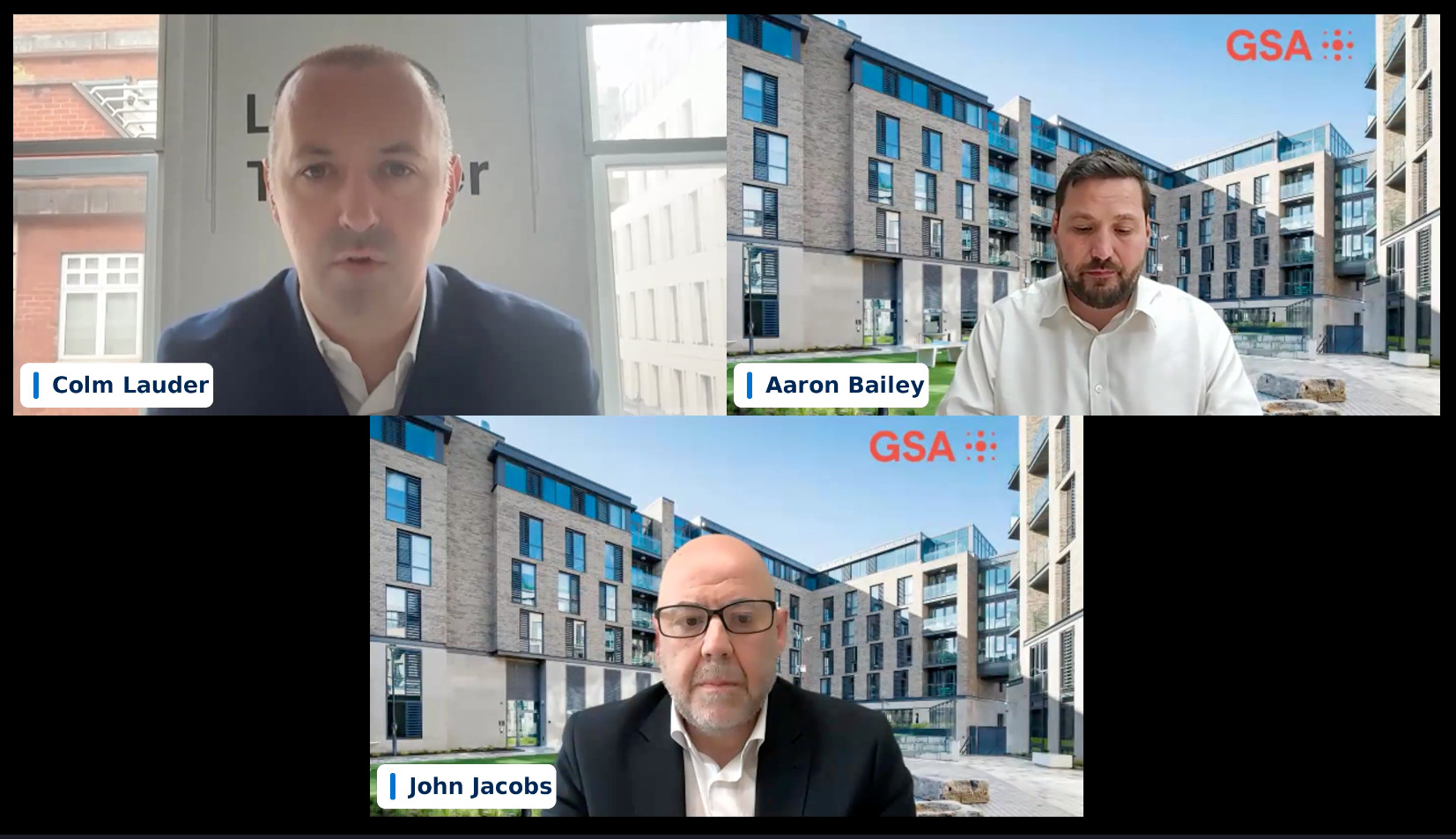
Last month, Lauder Teacher hosted the latest session in our Think-In series, focusing on purpose-built student accommodation (PBSA) in Ireland. We were joined by John Jacobs, Global Head of Capital Markets at Global Student Accommodation (GSA), and Aaron Bailey, GSA’s Head of Real Estate.

The London and Dublin stock exchanges are at a critical juncture. Once vibrant hubs of capital formation and economic dynamism, both are now facing a stark decline in primary market activity, such as IPOs.

Risk remains in the sector, but retail assets are certainly rebounding, with a number of large deals recently bolstering confidence.

The real estate fund sector in the UK and Ireland continues to face mounting challenges, closing 2024 with full-year net outflows of £1.155 billion, according to the latest data from Calastone, the largest global funds network. This marks the seventh consecutive year of capital flight from the sector.

The UK and Irish real estate markets underwent a transformative year in 2024, characterised by contraction, mergers, and cautious optimism. After years of declining capital values, signs of recovery began to emerge, buoyed by stabilising inflation and the initial stages of base rate cuts.
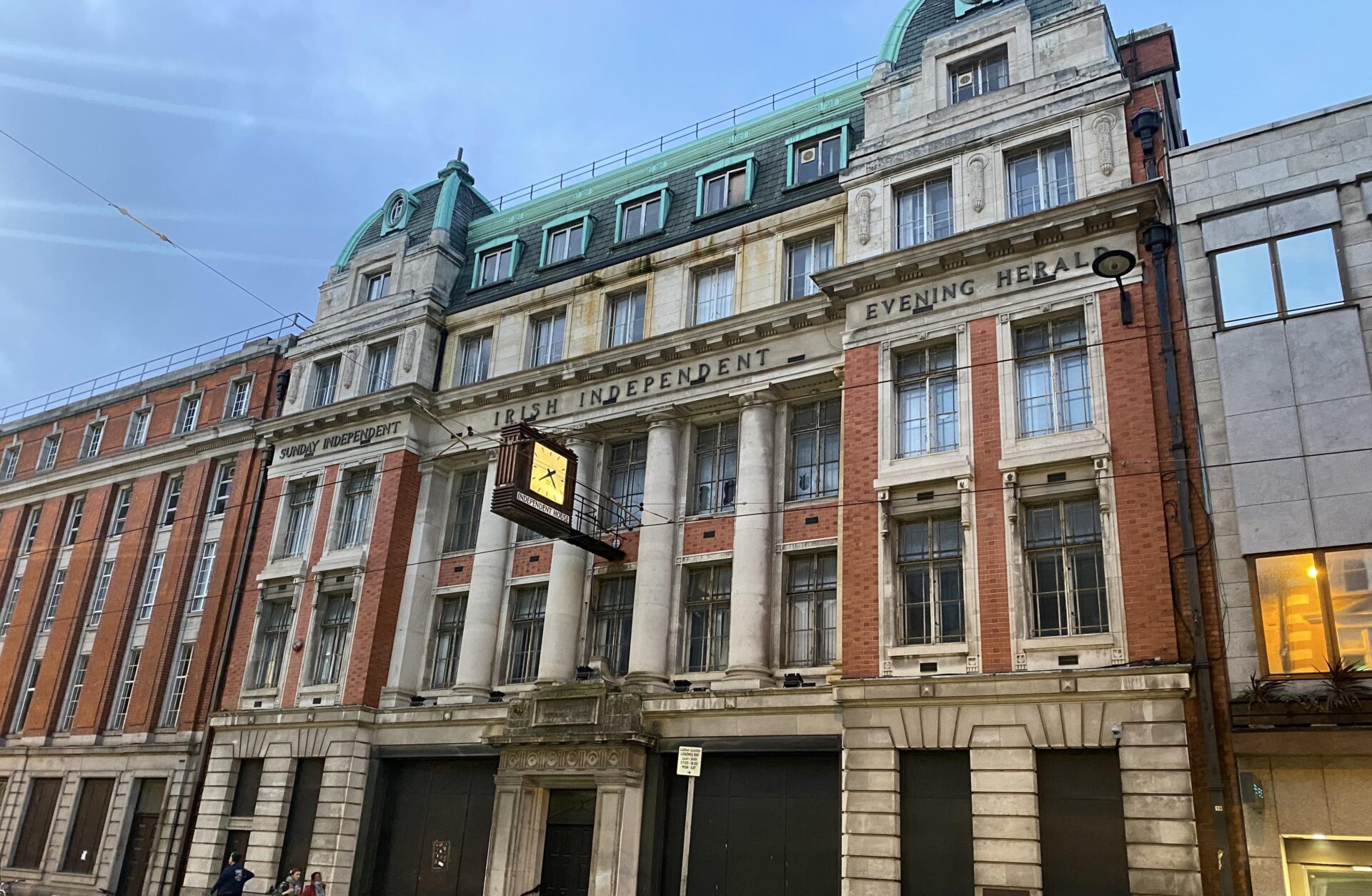
The recent Dublin City Taskforce report, published at the end of October, recommended how multiple state and semi-state agencies can collaborate to effect a strategic overhaul of Dublin’s city centre. The role of private developers, investment funds, and institutions is equally important, and perhaps even more so, but for these to be enabled, state actors must evolve and facilitate quicker decision-making.
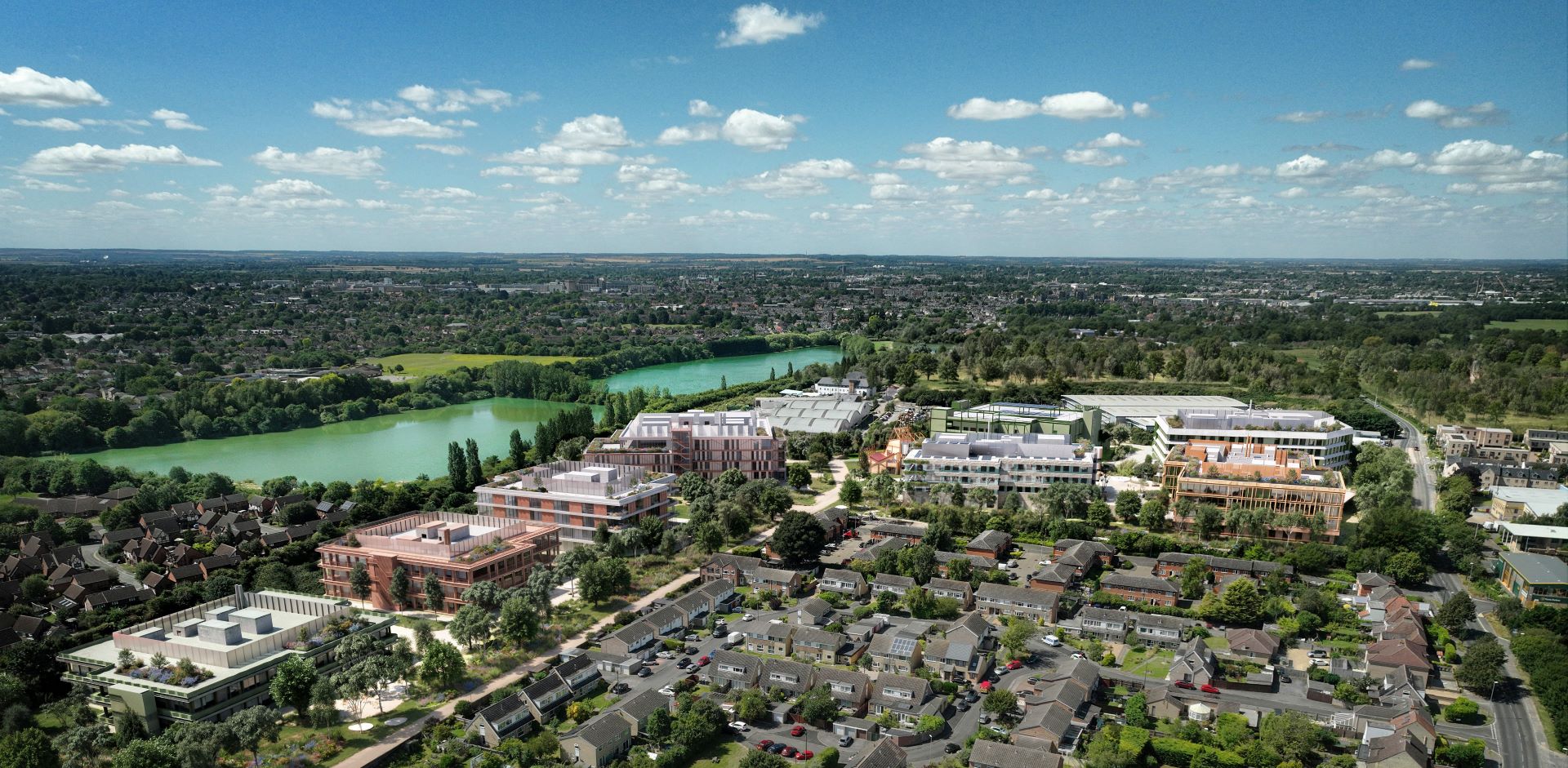
The ‘build it and they will come’ mantra should be ringing in the ears of property funds given global trends
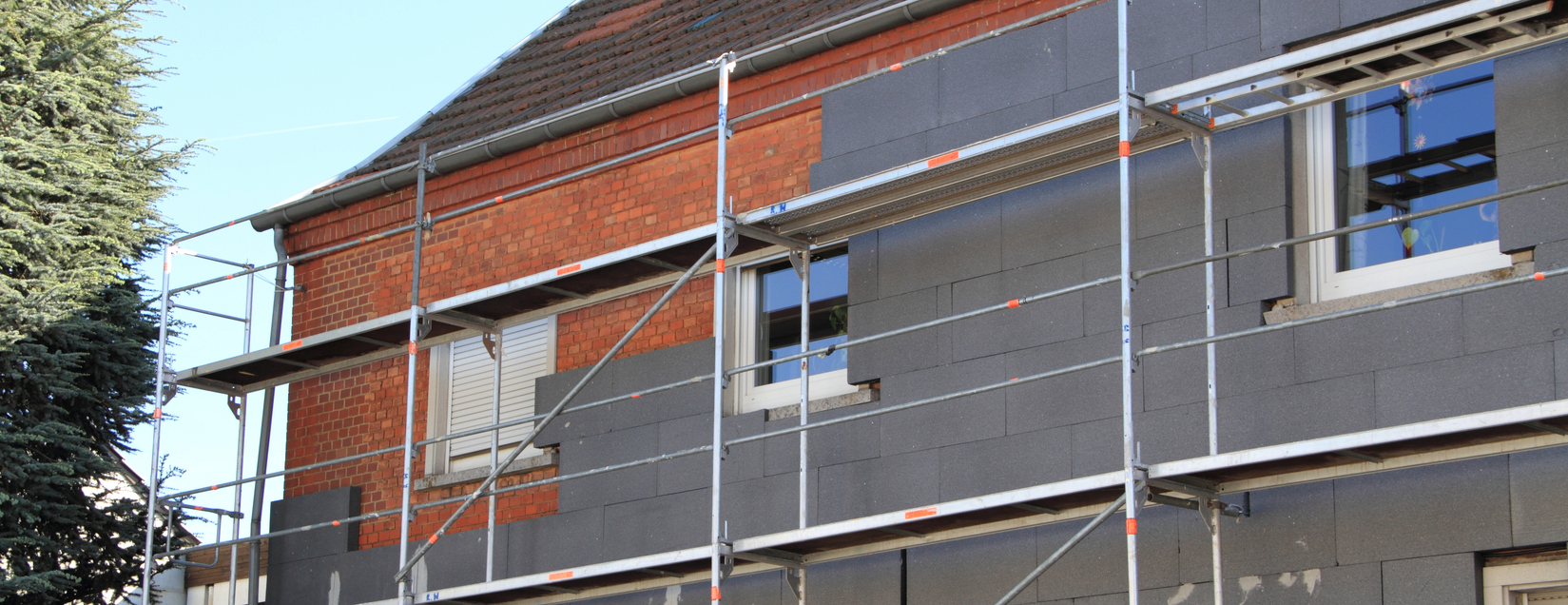
UK real estate will need to adapt to wetter, hotter and colder environments ESG regulations, government policy and occupiers will demand real estate fit for purpose in extreme weather Green buildings are being demanded by policy, consumers and investors.

Those with shorter debt maturities face significant refinancing risks, while those with longer profiles are better positioned to ride out the storm. European real estate...
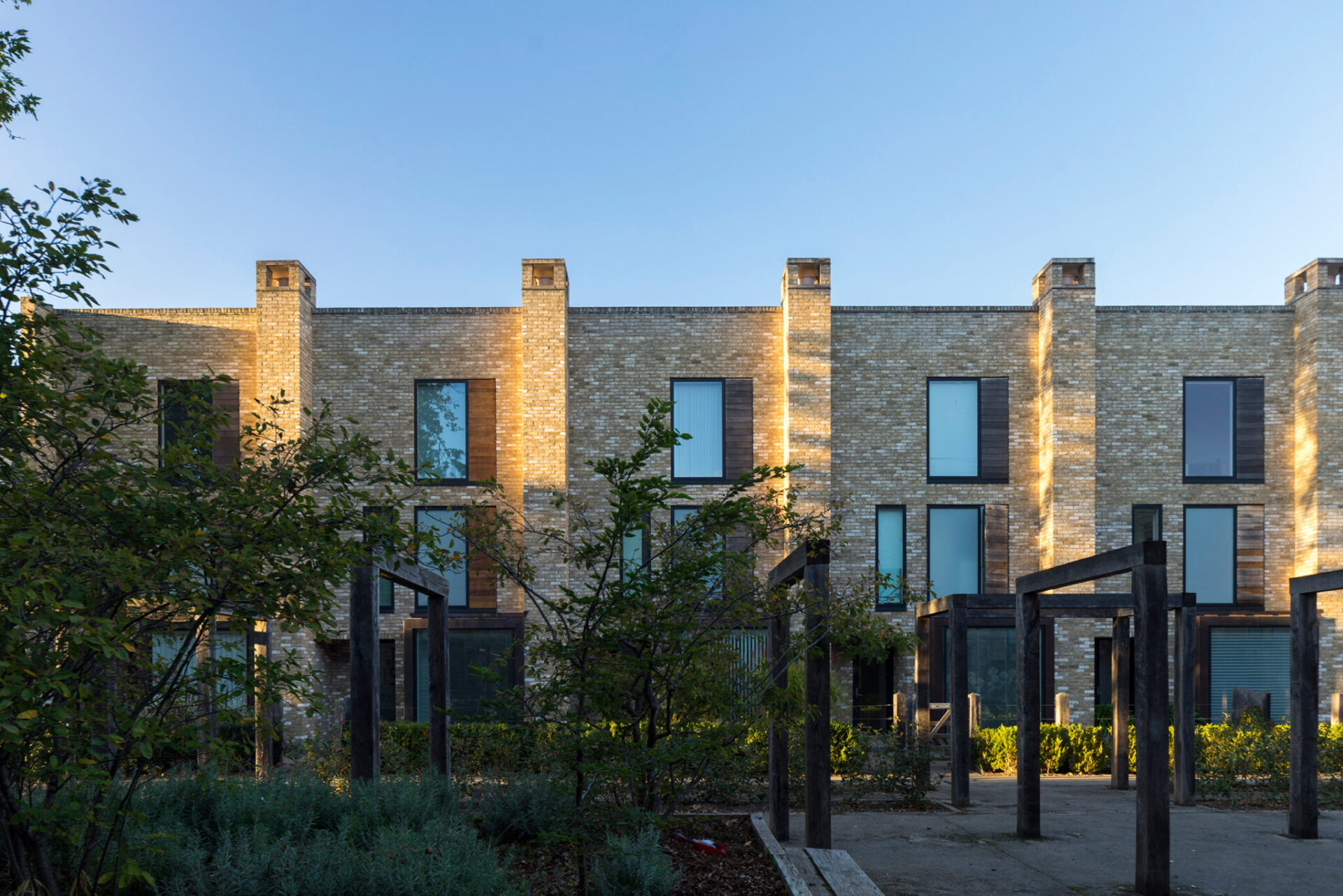
A number of government policy moves, regardless of how well-intentioned, have created further problems that could hamper accommodation supply.

The final quarter of 2024 could be an opportune time for investors, but they should still exercise caution I spent ‘back to school’ week meeting...

Hammerson, the London-listed retail property company and owner of Dundrum Town Centre, has had a very good week. To put this in context, good news...

Has England's property industry got (mostly) what it wanted? It may be two years since Boris Johnson left Downing Street, but his most enduring political...

The classic definition of core real estate means a high-quality asset in a good location with solid tenants. Yields are low but stable and income is far from risky – indeed core assets were valued for their resilience during economic downturns.

A number of REIT's posted results in recent days. We take a look at what insight we can derive from their performance in the opening half of the year.
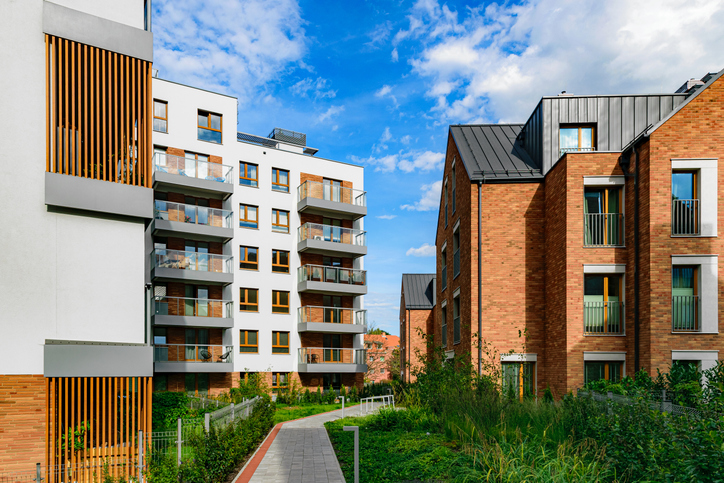
As more people wait and see regarding the huge financial pressures of buying a house, they will continue to rent, and they will discover that renting is far from a second choice. This demand will be boosted by buy to let properties being taken off the market due to new legislation.

The first few months of the new Labour government have been reassuring for the property industry, and indeed the house buyer, with major planning reforms on the way, and a streamlining of efforts to re-develop brownfield land. Most notably, the new Chancellor ruled out the possibility of rent controls in her first week in office.

The boom in electric vehicles is not going to go away. Push factors are the climate crisis and the cost of petrol. Pull factors are the rise in efficiency of electric cars and their falling prices. Demand is only going to go one way, but ensuring our built environment is ready to accommodate the boom is another matter.

While the "S" in ESG may be five to 10 years behind its environmental counterpart in terms of legislation and regulation, changing consumer attitudes are fuelling a surge of interest in delivering – and measuring – social value.

Planning regulations already mean building must be environmentally friendly, but a commercial industry has developed to capitalise on the need to be seen to be green.

Despite an estate weighing in at 6.9 million hectares, the NHS land portfolio is used poorly. Hospitals and services are creaking while staff often struggle to find affordable homes nearby. Most NHS workers spend close to 50% of take-home pay on housing.

As another UN Climate Change Conference, Cop 28, comes to a lacklustre close in Dubai, with key elements again watered down by vested interests, it is worth relating this back to property, and particularly the office sector.